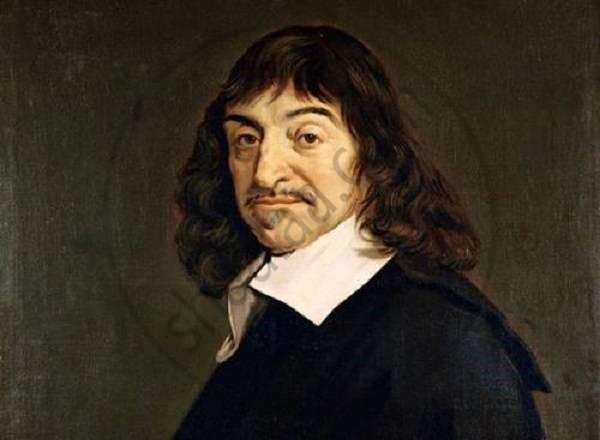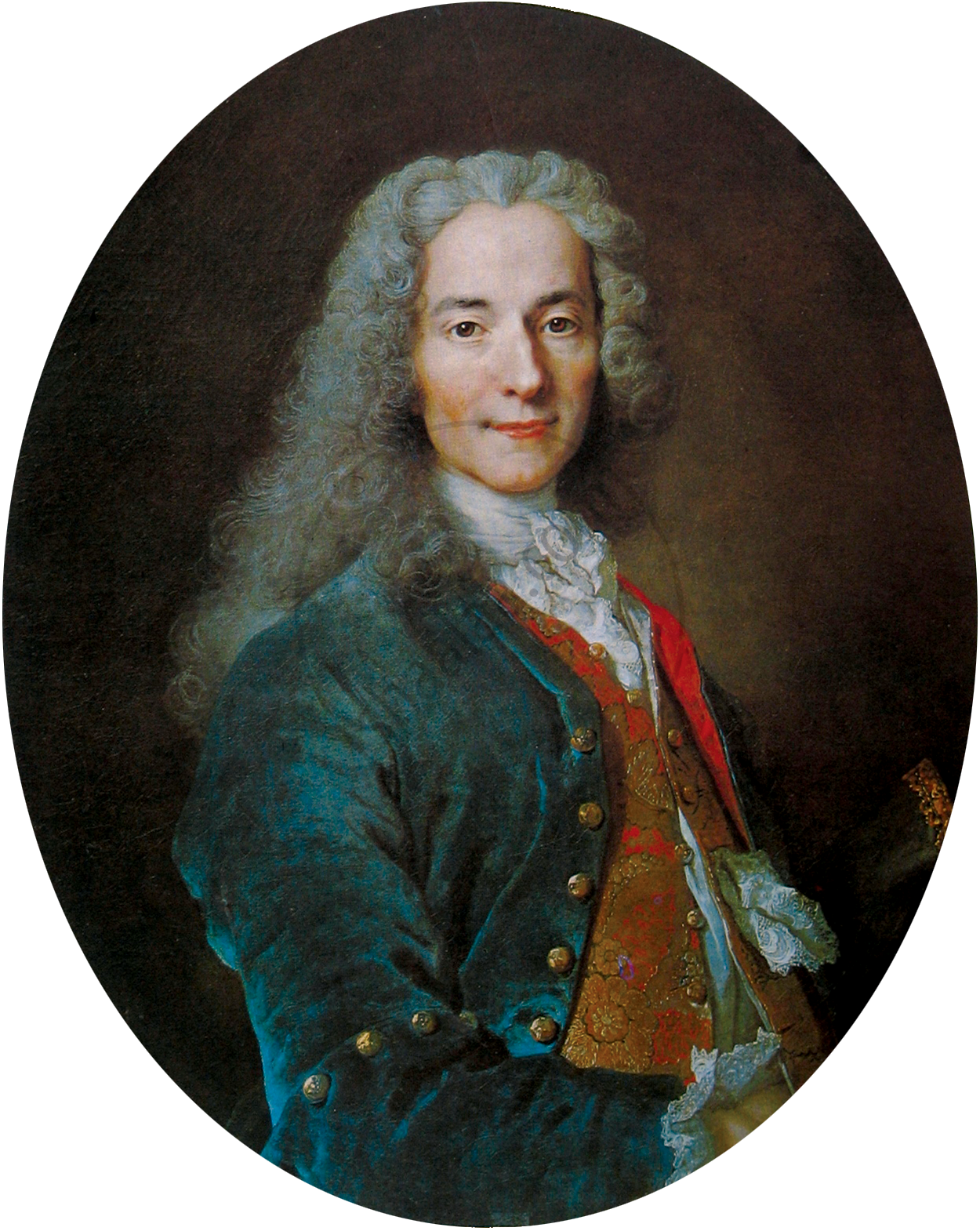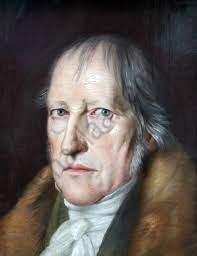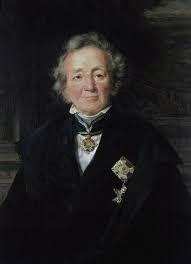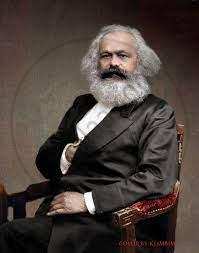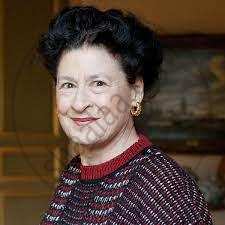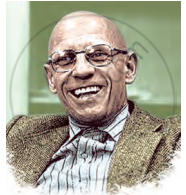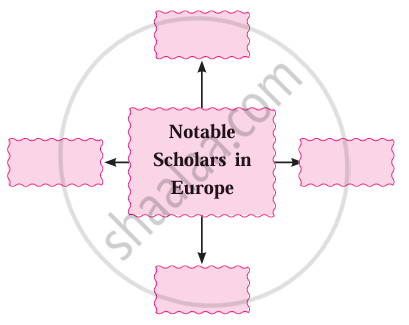Topics
Historiography : Development in the West
History : Applied History
Working of the Constitution
Historiography : Indian Tradition
The Electoral Process
Political Science : Working of the Indian Constitution
Applied History
Political Parties
History of Indian Arts
- What is ‘Art’?
- Indian Traditions of Visual Arts (Drik Kala): Painting
- Prehistoric Paintings
- Mural Paintings and Cave Painting
- Folk Styles of Paintings
- Classical Styles of Painting
- Miniature Paintings in Manuscripts
- Modern Indian Paintings
- Indian Traditions of Visual Arts (Drik Kala): Sculpture Art
- Indus Civilization Sculpture
- Folk Styles of Sculptural Art
- Classical Styles of Sculptural Art
- Indian Iconography
- Indian Traditions of Visual Arts (Drik Kala): Architecture and Sculpture
- Rock-cut Architecture
- Temple Architecture
- Indo-Islamic Architecture
- Indo-Gothic architecture
- Indian Traditions of Performing Arts
- Indian Theatre
- Indian Music
- Indian Dance
- Present Scenario of the Performing Arts
- Art, Applied Art, and Professional Opportunities
Social and Political Movements
- Movement
- Important Movements in India
- Tribal Movement
- Farmers Movement
- Worker's Movements
- Women’s Movement
- Environment Movements
- Consumer Movement
Mass Media and History
Challenges Faced by Indian Democracy
Entertainment and History
Sports and History
Tourism and History
Heritage Management
History - Imperialism
History - 20th Century Age of conflict
History - Emancipation of Asia and Africa
History - World after World War 2
Political Science
Geographical discoveries and colonization
- Concept for Geographical Discoveries and Colonization
Africa
- Imperialism - Africa
Asia: India, China, Japan
- Concept for Asia: India, China, Japan
Dictatorships in Europe, Second World War and world
- Concept on Dictatorships in Europe
- Concept for Second World War and World
First world war
- Concept on First World War
The League of Nations
- Concept for the League of Nations
Russian Revolution
- Concept for Russian Revolution
United Nations Organization
- Concept for United Nations Organization
Africa
- Emancipation of Africa
Asia
- Emancipation of Asia
Globalization
- Globalization After World War II
Scientific and Technological Progress
- Scientific and Technological Progress After World War II
Cold war
- Formation of the Cold War
Social Diversity and Democracy
- Social Diversity
- Coccept for Caste/Race and Democracy
- Concept for Language and Democracy
- Cocnept for Religion and Democracy
- Concept for Gender and Democracy
- Concept for Democracy and Diversity
Challenges to Democracy Remedial Measures to the Challenges
- Concept for Challenges to Democracy Remedial Measures to the Challenges
Internal work
Democracy
- Democracy - Meaning, Types and Characteristics
Political Parties and Types
- Political Parties
- Importance of Political Parties
- Major National and Regional Parties in India/ Types of Political Parties
- René Descartes (1596-1650)
- Voltaire (1694-1778)
- Georg Wilhelm Friedrich Hegel (1770-1831)
- Leopold von Ranké (1795-1886)
- Karl Marx (1818-1883)
- Annales School
- Feminist Historiography
- Michel Foucault (1926-1984)
Notes
Notable Scholars:
1. René Descartes:
|
René Descartes (1596-1650) |
Rene Descartes (1596 – 1650):
|
2. Voltaire:
|
Voltaire: (1694-1778) |
Voltaire: (1694-1778)
|
3. Georg Wilhelm Friedrich Hegel:
|
Georg Wilhelm Friedrich Hegel (1770-1831) |
Georg Wilhelm Friedrich Hegel (1770-1831)
|
4. Leopold von Ranké:
|
Leopold von Ranké (1795-1886) |
Leopold von Ranké (1795-1886)
|
5. Karl Marx:
|
Karl Marx (1818-1883) |
Karl Marx (1818-1883)
|
6. Annales School:
|
7. Feminist Historiography:
|
Simone de Beauvoir |
|
8. Michel Foucault:
|
Michel Foucault (1926-1984) |
Michel Foucault (1926-1984)
|
If you would like to contribute notes or other learning material, please submit them using the button below.
Related QuestionsVIEW ALL [38]
Complete the following table.
| Books | Writer | |
| 1. | The Histories | ______ |
| 2. | ______ | René Descartes |
| 3. | Das Kapital | ______ |
| 4. | ______ | Michel Foucault |
